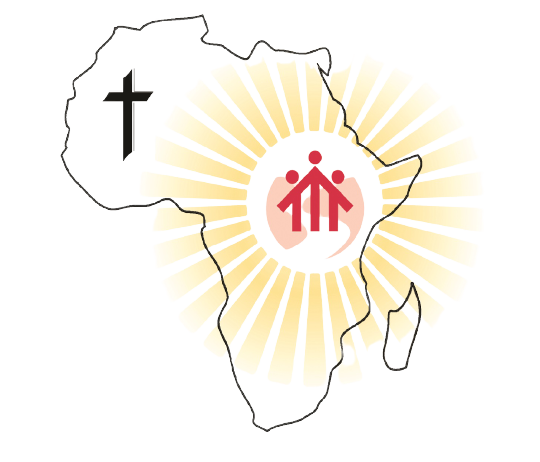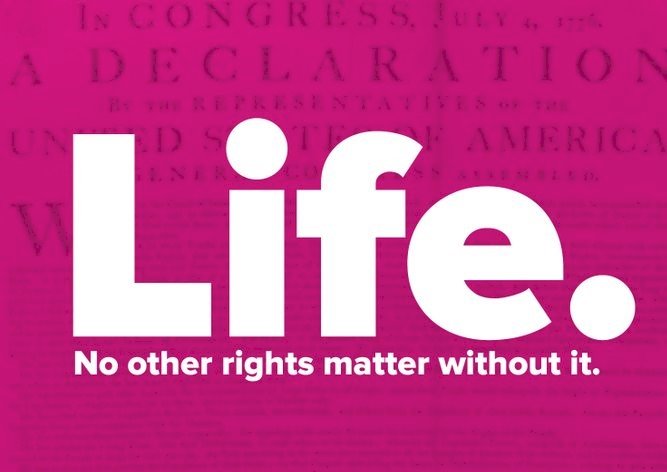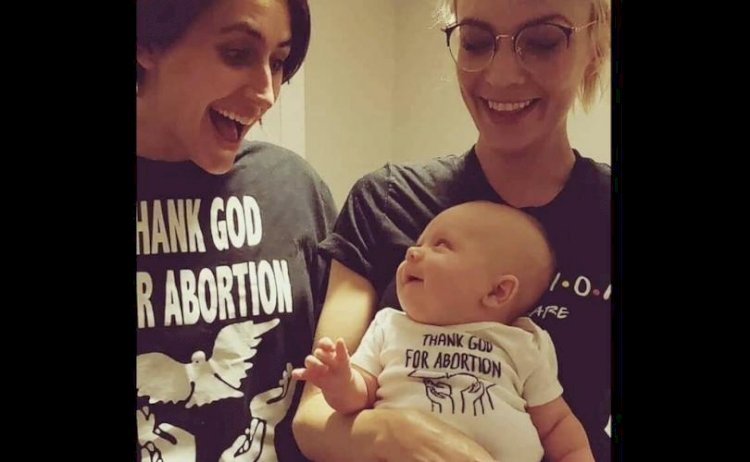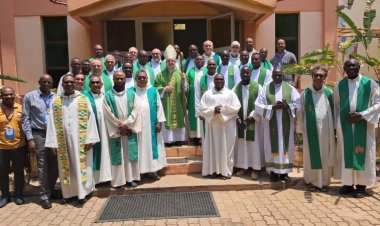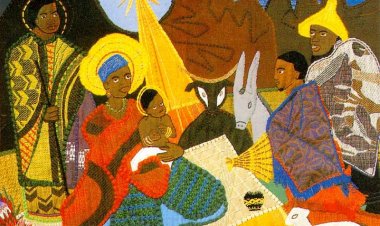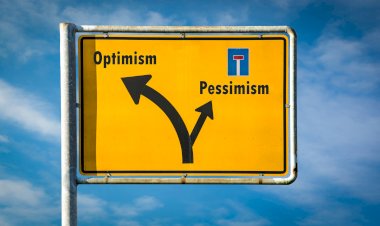Justifying and Legalising abortion is like justifying and Legalising slavery
Natural rights versus Legal rights (See also the tragic pictures on the additional photos button
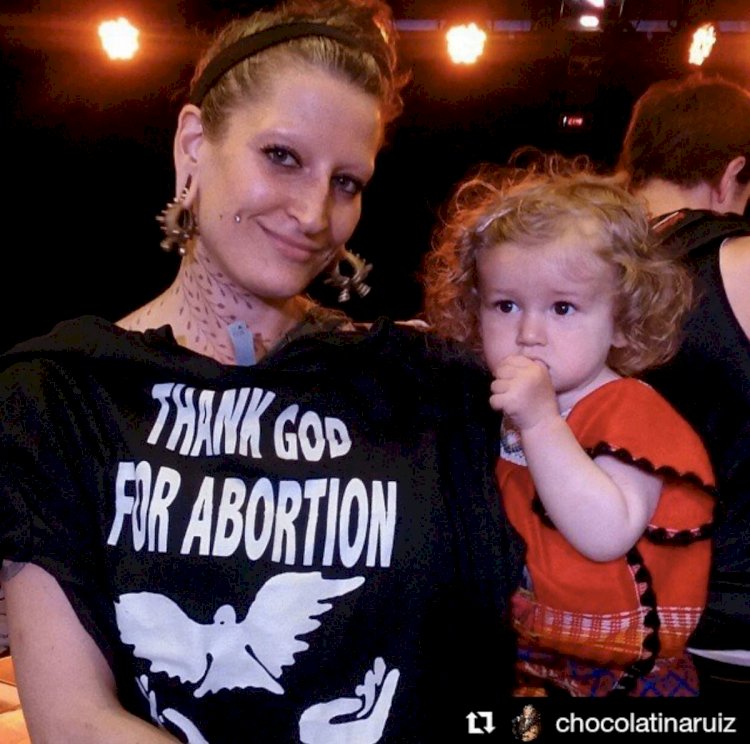
An historical case:
Illinois Senator Stephen Douglas, who lost his bid for President to Abraham Lincoln in 1860, was ‘personally opposed’ to slavery, but he supported the right of those who wished to do so to buy slaves. And Douglas believed it was the “right” of each US state to determine whether they would enslave blacks or not. How did Douglas reach this wicked position? Well, Douglas had assumed the premises of positive law, which suggests that rights come from government. If Southern states did not count slaves as bearers of rights, that was it! End of argument. Governments decide!
Despite the obvious fallacy of such principles, entitling governments to determine what rights their citizens may have, many around the world seem to be agreeing that fundamental rights are decided by the state authority. Many citizens of countries have unconsciously absorbed this premise which is completely at odds with the argument that human rights are based on nature if not God-given.
We have to distinguish between natural rights and merely legal (or positive) rights.
Natural rights are those rights we possess simply because we are human. These basic rights flow from our humanity, and we have them from the moment we begin to exist.
For example, we have a natural right not to be harmed without justification (unless we’re unborn some insist!). We have a natural right not to be convicted of a crime without a fair trial. Governments do not ‘create’ these basic rights. Rather, the responsibility of governments is to recognize and protect them!
Conversely, legal (or positive) rights are those you gain only through age or achievement, such as the right to drive or to vote. For example, I do not have a right to vote in the next Kenyan election because I'm not a citizen of this fine nation. But surely, I do have a right not to be gunned down in the street next time I visit Nairobi centre.
Some countries are regulated mainly on the premises of positive rights. Other nations have their constitutions constructed upon natural rights, and the recognition of their supreme source (God). This is why people from the first type of country tend to emigrate to the second set of countries, where rights are protected and guaranteed by natural law.
This does not mean that the second type of state have achieved the perfect list of rights, or that these are necessarily superior to any other nation. But it does mean that the latter states, founded on the natural rights of human beings, are safer and provide more trust to people living there.
Yet, tragically, legal developments in more and more of these countries reveal how many citizens and members of their political elites are falling away from the rule of natural rights.
Certain governments, even if they have not changed the laws, are closing their eyes and failing to protect the natural rights of their citizens against crime, theft, looting, arson of private property,…
ignoring the natural rights of their people to liberty: to work, to freely associate as they choose, to run their businesses in accordance with their best judgement.
But nowhere is this attack on natural rights and the embracing of positive rights more dangerous and harmful than with respect to the issue of abortion, which denies human beings that first and most important of all natural rights, from which all the rest flow: LIFE itself. Instead, more and more ‘activists’ and lobby groups are insisting that abortion is a fundamental human right that the state should not infringe upon.
But where does this alleged right to an abortion come from?
If abortion is a positive right that exists insofar as it is granted by the government, then the abortion advocate cannot really complain if the State does not permit her an abortion. For the same government that grants rights can take them away.
However, if abortion is a natural right, a right that springs from our human nature, then the abortion advocate had that right from the moment she began to exist – the moment of her conception.
In this case we are left with an amusing paradox: According to the logic of abortion-advocates, unborn women do not have a right to life, but they do have a right to an abortion! Ridiculous!
How could “human rights” exist where the right to life doesn’t?
The distinction between natural and legal rights underscored the famous debates between Abraham Lincoln and Stephen Douglas. At issue was the question: Were the rights mentioned in the Declaration of Independence natural ones or were they merely the creation of positive law?
Lincoln argued for natural law. The claim “All men are created equal” meant that no man can own another man the way a man owns a dog. Douglas argued for positive law, suggesting that whoever was or was not a bearer of rights, depended on popular opinion. But as Lincoln pointed out elsewhere, in their willingness to justify the enslaving of Blacks, Southerners were blindly putting into place premises that would justify their own enslavement. The argument for slavery could not be confined to Blacks.
It would work equally well to enslave Whites. If you say ‘A’ is white and ‘B’ is black, and colour determines whether the lighter has the right to enslave the darker, take care. By this rule, you are a slave to the first man you meet with a fairer skin than your own. And if you say it is a question of interest, and that if you can make it your interest, then you have the right to enslave another. Very well. But if he can make it his interest, then he has the right to enslave you!
In the same way, many arguments used to justify the taking of unborn human life apply equally well to justify killing people outside the womb. The consequence is that the right to kill human beings cannot be confined to the unborn in the womb. Whether it is slavery or abortion, the philosophy is the same: the sinister and inhumane belief that NOT ALL humans are persons.
As slavery was a litmus test of the US republic in the 19th century, so is abortion today for humanity.
Abortion is evil for the same reasons that slavery is evil: It denies the personhood of its victims to justify their mistreatment. As long as any country continues to deny the natural right to life to an entire class of human beings, all of our own rights will constantly be endangered by modern jurists and by a ruling class whose jurisprudence is completely foreign to most of the previous generations of judges.
By accepting the premises of positive law, that the right to life itself is dependent on popular ‘authority’, countries will inevitably leave all questions regarding who is and who is not a human being with rights to those with political power. For if some human beings can be denied a right to life (in this case unborn humans), then why not any other class of human beings?
If we do not ground our natural rights in our shared human nature, which began at conception, we will not be able to offer a moral justification for any of our other rights. By ignoring the natural right to life that all human beings have, we should not be surprised when our governments ignore every other right that flows from that first and most important of all rights.
What does all this mean? It means that the pro-life movement while fighting to end the injustice of abortion, is also answering that most fundamental of all human questions: Who counts as one of us? The UN declaration of 1948, following many other national manifestos, answered that question: “We hold these truths to be self-evident - that all men/women are created equal.”
That truth provided the moral framework for the abolitionists of the 19th century to purge the evil of slavery from many countries, and it must provide the same framework for us to abolish the evil of abortion.
If a mere majority opinion is entitled to create or deny rights to some people, there can be no natural rights that apply to all people. We must eradicate abortion for the same reasons we eradicated slavery. Firstly, for the gross inversion of the natural order that it represents. And secondly, by ensuring that the promises of the Declaration of Human Rights are granted to the unborn, we further enshrine freedom for all people.
Lincoln communicated all of this in one sentence, speaking before Congress on December 1, 1862: “In giving freedom to the slave, we assure freedom to the free.” Today we might rephrase that timeless truth and say: In giving life to the pre-born, we assure life to the born!
Either we believe each and every human being, being one of us, is created equal, and therefore has a right to life, or we don’t. And if we believe that, then we better be able to say why! And we’re not going to find our answer in positive law. It will only be found in our common human nature.
Adapted by SAFCAM from an article by Seth Gruber published on November 23, 2020 on LifeSiteNews
